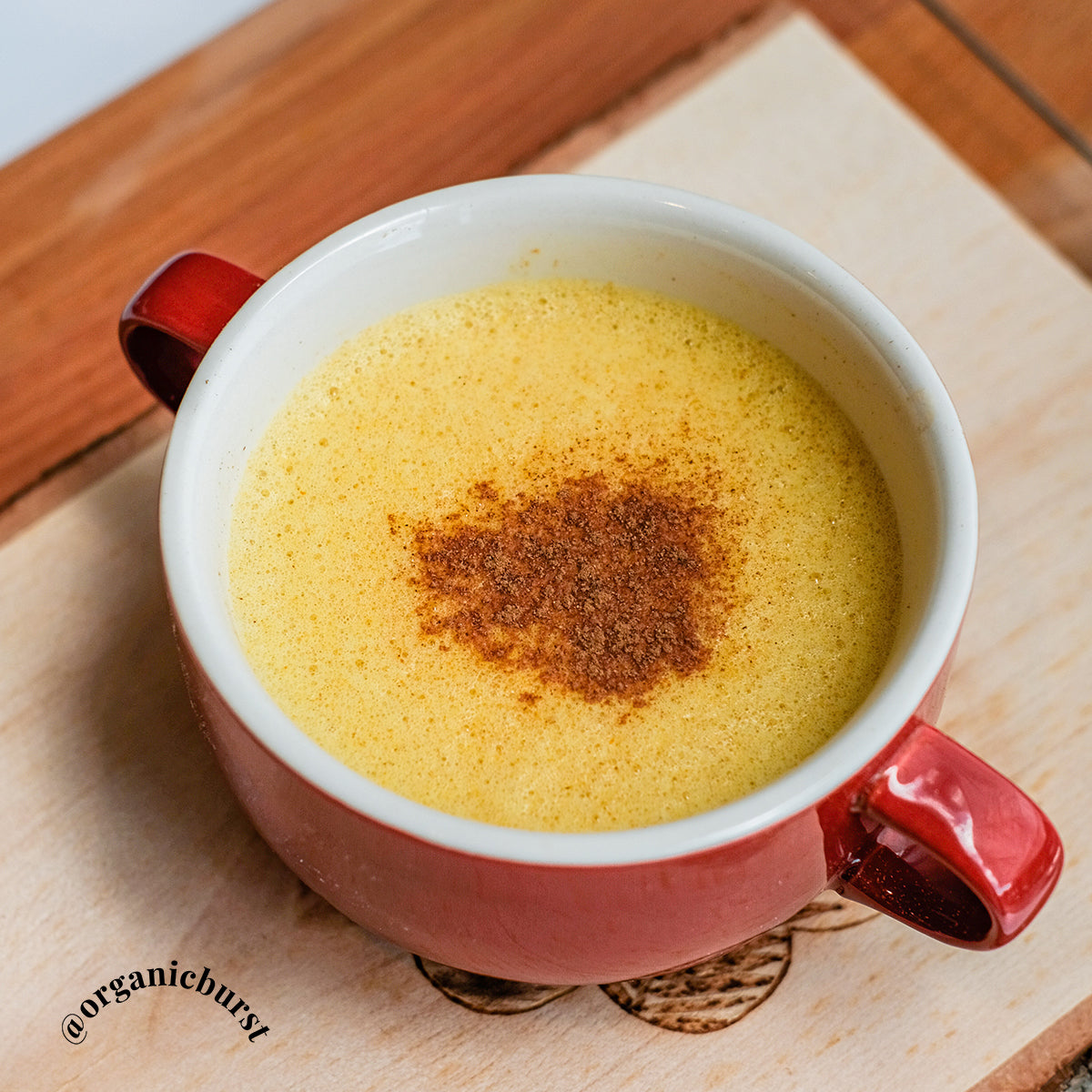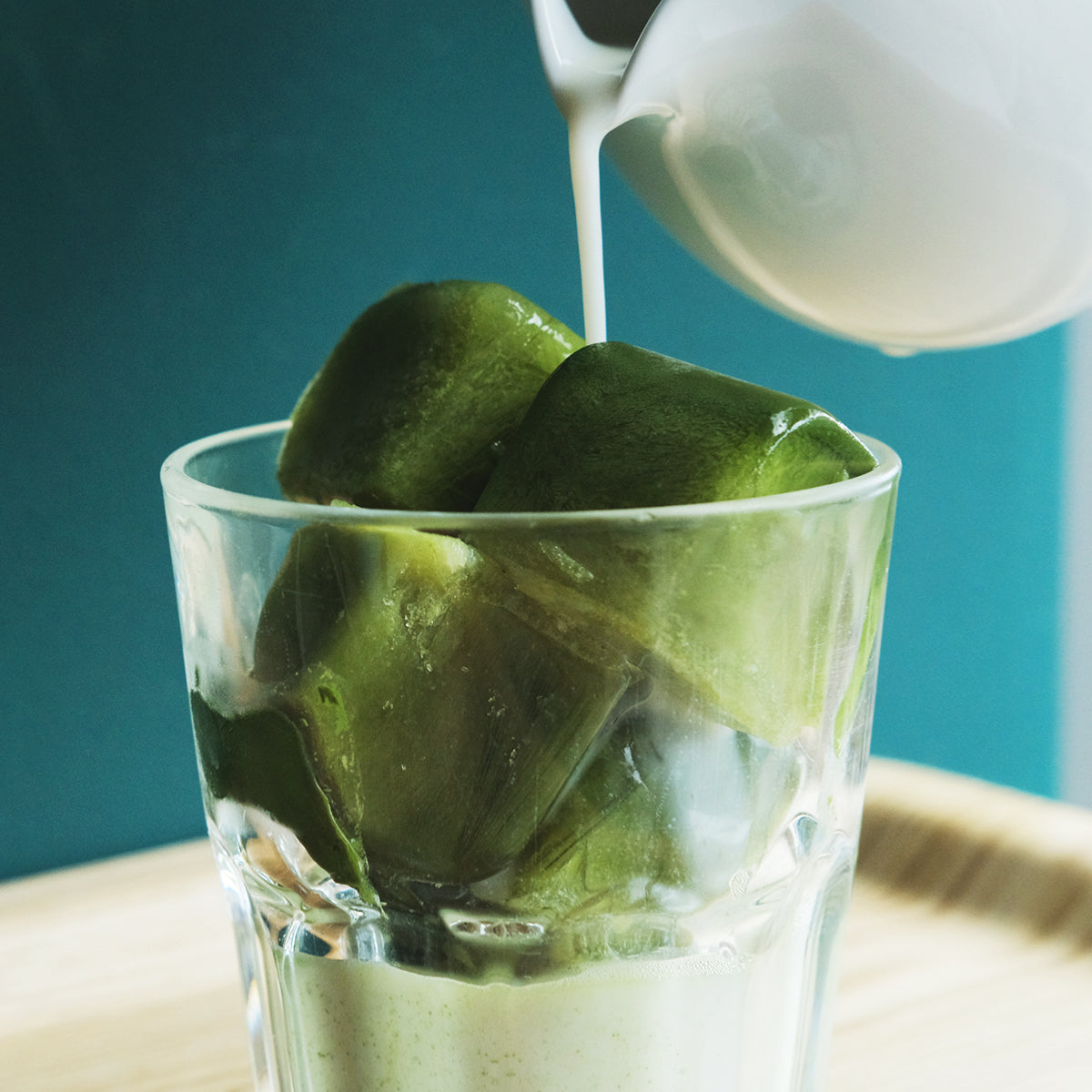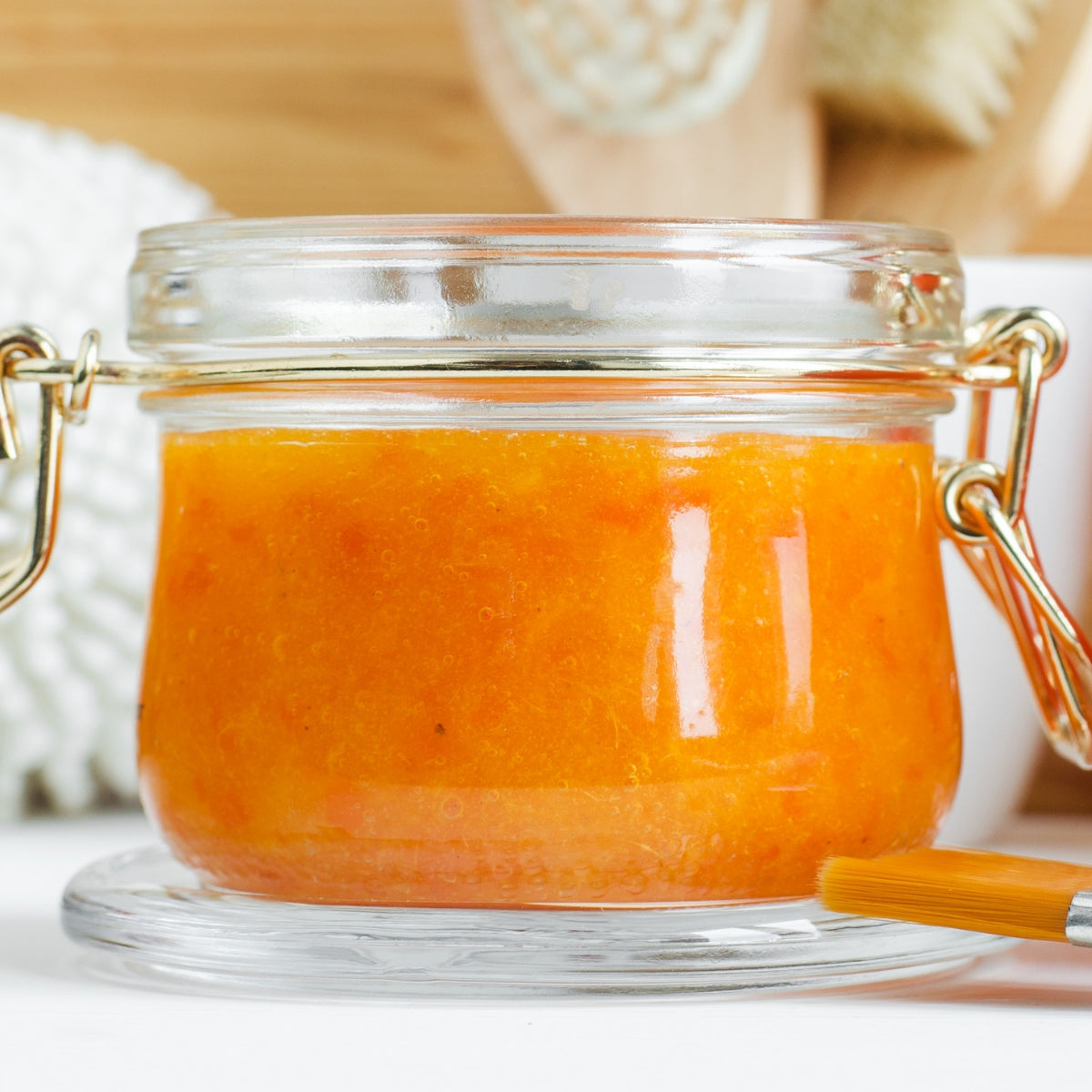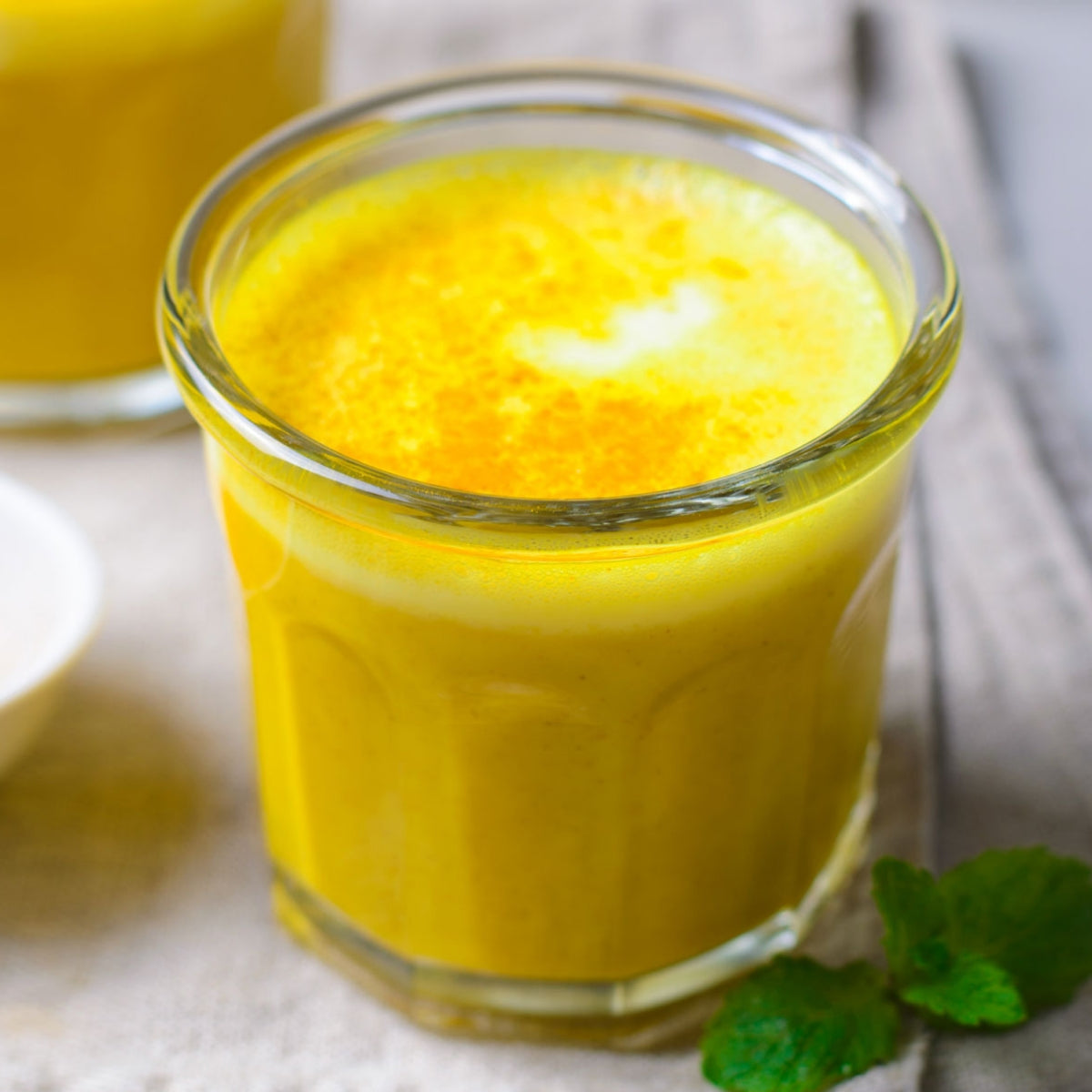There’s nothing worse than getting bloated when you need it the least, especially at this time of year with barbecues, roof top parties and sunny beaches!
Abdominal bloating can hit us all, men, women, children, whether we struggle with weight, or are happy with our bodies. In this article we explain:
- Why bloating occurs
- How to deflate your tummy back to its lovely normal size
- Simple ways to add belly-flattening foods into your diet

When does bloating hit you? Shortly after eating? At a certain time of the month? Only when you eat particular foods? There are physical triggers for ballooned up tummies, so by understanding which ones affect you, you have the key to popping the balloon!
THE REASONS YOU MAY BE BLOATED
1. POOR DIGESTION: Our bodies produce lots of digestive aids to break down food and absorb nutrients. These include saliva, stomach acid, enzymes, bile and gut flora. Imbalances and deficiencies in these amazing helpers mean that food can sit for too long in the stomach and intestine, making us constipated.
When food moves too slowly through the digestive tract, it can ferment and produce toxins and gasses, which lead to inflammation and bloating.
Gluten-containing foods (those made out of wheat, barley, rye and sometimes oats), meat, dairy, sugar, legumes (pluses, lentils, beans, peanuts) are particularly prone to being poorly digested, so monitor how you feel when eating these foods and try reducing your intake.
2. WATCH OUT FOR TRIGGERS: FODMAPs are a group of dietary sugars that ferment, draw water into the gut and feed the intestinal bacteria, causing bloating and digestive disruption in some people.
The research team at Monash University in Melbourne developed the Low FODMAP Diet after discovering that this group of carbohydrates contribute to IBS and intestinal problems.
3. SIBO - Small Intestinal Bacterial Overgrowth. The first symptom you may be having SIBO is when you get regularly bloated/distended around the belly button.
SIBO involves an overgrowth of certain bacteria (usually those from large intestine) in the small intestine, where they shouldn’t be. These bacteria often tend to overproduce lactic acid (therefore in this case having fermented foods and probiotic supplements with Lactobacillus Acidophilus may not be a good idea.).
The most common way to diagnose SIBO is via a breath test. If you suspect having SIBO it’s best to see a functional medicine practitioner who can run the test and prescribe a relevant treatment.
4. INFLAMMATION: Undigested food can irritate the lining of the gut and these small food particles can enter the blood stream – our immune system then goes into panic mode in response to the foreign invaders.
In order to deliver more immune cells to the area, there is an increase in the fluid moving around the abdomen between the blood, the tissue and the lymph.
…This means your whole tummy can extend with excess fluid!
Getting inflammation under control can make a huge difference (see the points in the next section).
5. FLUID RETENTION: Women are prone to excess fluid in the abdomen due to hormone changes during their menstrual cycles, it’s not fully understood why, but raised hormonal levels can contribute to inflammation.
Finally, dehydration, processed food, and excess salt cause us to hold on to water, so eating these foods, especially at the wrong time of the month could play a role in your bloated tum.
TOP 6 TIPS TO BEAT THE BLOAT
1. CHEW YOUR FOOD: Yes, your mom was right! Give your digestive system a head start by chewing all your food thoroughly - especially the foods mentioned above that are harder to digest.
Chew, chew, chew, then chew some more, ideally this means 30 or more chews per mouthful.
This process physically mashes food making it easier on the stomach, and also triggers enzymes to be released via your saliva and digestive juices to break it down further into absorbable nutrients.
2. INCREASE ACID AND ENZYMES: Digesting protein foods like meat, fish, beans and eggs needs good levels of stomach acid and enzymes. Encourage better levels of these brilliant digesters:
Squeeze lemon juice over food, or drink 1 tablespoon apple cider vinegar in a small glass of water before eating (start with 1 teaspoon if you’re new to it)
Enzyme-rich raw fruits and vegetables such as sprouts are perfect eaten before heavier food, so munch on your fruit salad or raw veggie dish first.
Have 1-2 tsp of our raw baobab powder in a glass of water 20mins before eating.
3. BITTER IS BETTER: The best way to increase the flow of bile, which is responsible for breaking down fat in your diet, is to eat bitter foods.
Munch on a few olives before dinner, or eat some rocket, dandelion or kale as a starter.
Try Swedish bitter drops – 15 drops before meals. They taste slightly bitter at first, but the more bitter foods you eat then more you will like them (and the less you will want to eat sweet and sugary food – an amazing side effect!).
4. KEEP REGULAR: Help your digestive system by encouraging everything to flow through it smoothly, avoiding constipation.
This means staying hydrated with lots of water and eating more fibre from vegetables, cooked apples, seeds, etc.
Add 1-2 tablespoons Organic Burst Chia + 1 tablespoon Organic Burst Baobab to your bottle of water for more fiber and hydration. Shake before you drink.
Exercise in all forms but especially walking and running are fantastic for improving constipation, so get out and about.
5. FABULOUS FLORA: You can help get control of any bad bacterial overgrowth, foods inflaming the gut and constipation by increasing your healthy probiotic bacteria (also known as gut flora).
Here’s how:
Reduce and then completely cut out sugar and grains from the diet. Sugar and grains (that quickly convert into sugar) feed the ‘bad’ bacteria overgrowth in the gut, causing bloating and a myriad of health issues.
Try taking soil-based organism supplements (SBOs). Whilst not everyone can tolerate probiotics supplements, many people with disruptions in the gut flora do very well on SBOs.
Eat foods rich in soluble fiber and prebiotics (these feed the good bacteria) from Organic Burst Chia seeds, Jerusalem artichokes, cooked apples, onions, leeks, garlic, soaked linseeds.
If you can tolerate them well – adding fermented foods is great. They are ‘pre-digested’, meaning they are easy on your digestion and full of probiotics. Try kefir, sauerkraut (or its juice which is easier to digest), natural yoghurt, tempeh, miso or a good probiotic capsule (not a sugary health drink that contains probiotic bacteria).
Take Organic Burst Chlorella every day to benefit the good bacteria even further. Our chlorella also contains high levels of folic acid, Vitamin D and iron that help form new cells that are important for restoring the gut lining.
6. NOURISH: To improve the lining of the gut and repair the damage from inflammation, certain nutrients are very helpful:
Essential fatty acids from chia and flax seeds, oily fish like salmon, sardines, trout and tuna, plus nuts and seeds (particularly walnuts and hemp hearts).
Antioxidant nutrients zinc (in seafood, meat, seed and chlorella) and Vitamin A in organic eggs, organic liver, or get it from beta carotene in Organic Burst Spirulina and Wheatgrass.
Try the Hemsley + Hemsley sisters’ favourite tip - bone broth that contains collagen protein to help the gut lining.
Vitamin C is another vital nutrient for collagen production – an important protein in our tissues. Eat brightly coloured vegetables and fruits such as broccoli, berries, orange peppers and add Organic Burst Baobab, that contains x6 more Vitamin C than oranges.
Getting to the bottom of your bloating may not happen overnight, but taking these healing and supportive digestion tips might just give you the edge you need to get through the festive period without bursting!














